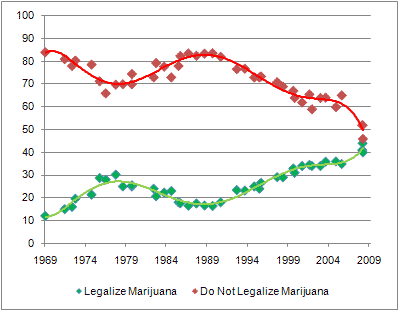Drug Sweeps At Schools Applauded As Deterrent
Before police officers with drug-sniffing dogs scoured the halls at Mount Vernon High School on Tuesday, students were given a five-minute warning to come clean.
A few handed over prescription and over-the-counter medications hidden in their backpacks or lockers.
The hourlong building sweep that followed netted no illegal drugs, but that doesn’t mean it wasn’t a success, said detective Cpl. Matt Dailey of the Mount Vernon Police Department, who helped organize the search. “We want them to know that we’re out there; we’re watching.” […]
“I think the bang for the buck is very good on the return,” said Bob Cornwell, director of the Buckeye State Sheriffs’ Association. […]
School officials say that random, unannounced drug sweeps help them measure a school’s safety and security. The exercise also is designed to make students think twice, said Mount Vernon Superintendent Steve Short.
Yep, that’s a deterrent all right.
You know what else would be a good deterrent? Selecting students at random and making them strip naked in front of everyone while guards go through their clothes and bags. That’d be a good deterrent.
Or how about this? Gather all the students in an assembly and pick one and execute him in front of a firing squad right there in the gym. Tell the other students that’ll happen to anyone who uses drugs. That would be a good deterrent.
A little extreme? Sure.
But you see, this is the mentality that has infected our schools. Anything goes as long as it’s seen as a deterrent to drug use (even if it isn’t). And so our young people are raised believing that they have no rights and become perfect fodder for authoritarians.


